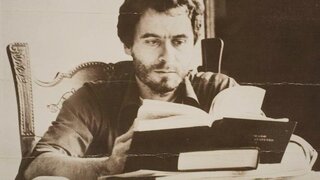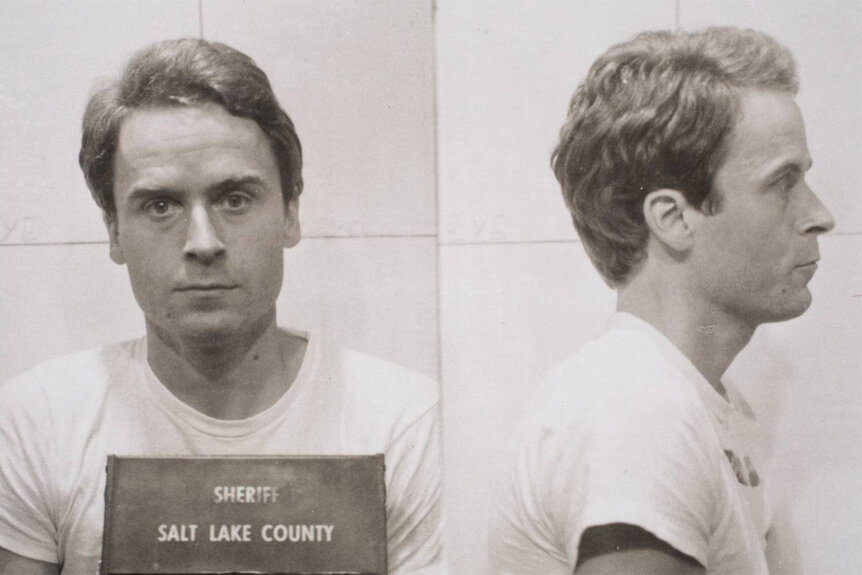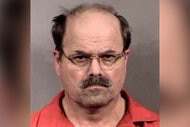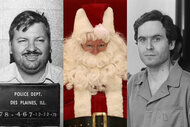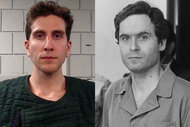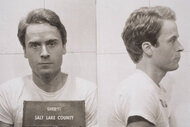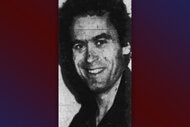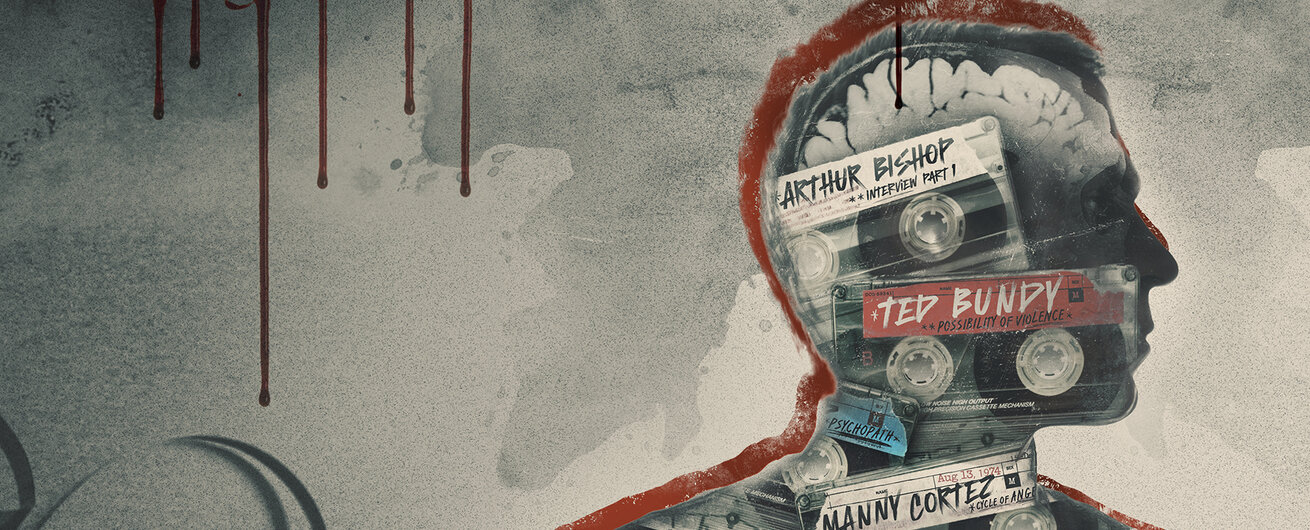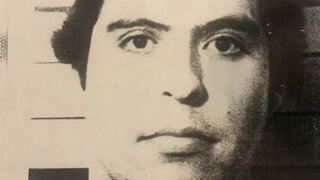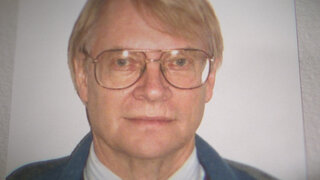Create a free profile to get unlimited access to exclusive videos, breaking news, sweepstakes, and more!
What BTK Killer Dennis Rader Thought Of Dr. Al Carlisle's Analysis Of Ted Bundy
Forensic psychologist Dr. Katherine Ramsland spoke with Oxygen.com about Dr. Al Carlisle's research on Ted Bundy.
When it comes to the mind of Ted Bundy, the average person couldn't begin to understand how he flew under the radar while preying on innocent victims.
Dr. Al Carlisle, whose work is the subject of Oxygen's "Violent Minds: Killers on Tape," sought to understand how Bundy accomplished this, interviewing the serial killer while he was in custody at the Utah State Prison. His interviews informed his analysis of Bundy, whom he described as being highly capable of compartmentalizing different aspects of his life.
"When the circumstances allow it, they will move into the compartments or the roles they've created in their fantasy life that allow them to then act out as the rapist, torturer or killer," Dr. Katherine Ramsland, a professor of forensic psychology at DeSales University, explained to Oxygen correspondent Stephanie Gomulka.
And while one can never know for sure what Bundy thought, BTK (Bind, Torture, Kill) Killer Dennis Rader is one of the few people who has a unique understanding of a serial killer's way of thinking, having also killed multiple women while maintaining a seemingly normal life. So, Dr. Al Carlisle allowed Ramsland to give his analysis of Bundy to Rader, who Ramsland has developed a close working relationship with over the years. "We were both really curious to see what Rader would have to say about it," Ramsland said.
So, what were his thoughts? "Rader thought that was a really a great description, the idea that the killer is an actor that takes on a role, and then gets out of the role, and then takes on another role. And isn't affected by the role, but the role just serves a purpose," Ramsland shared. "He really appreciated how Carlisle had described that kind of experience."
The only thing that Rader criticized, according to Ramsland, was the term "compartmentalizing." Instead, he referred to it as "cubing," which Ramsland thinks is a better description because it "gets a sense that all these different faces are all in the same person and you can switch the face depending on what the circumstances are very easily."
"In a way, Carlisle gave Rader a way to understand it, but then, Rader added to Carlisle's idea," Ramsland continued. "A way to think about it as a more integrated experience: 'I'm all these faces and I can play any one of them when needed.' That's exactly how Bundy did it."
Indeed, Bundy was good at presenting different versions of himself to people when necessary. His girlfriend, Elizabeth Kloepfer, told Carlisle that she never suspected Bundy was capable of serial murder. She said in a recording played in the first episode of "Violent Minds: Killers on Tape," "We’re just so compatible and he was good with my child, Molly."
Ultimately, Bundy was convicted of killing three women — Kimberly Diane Leach, Margaret Bowman and Lisa Levy — and sentenced to death. He was executed by electrocution chair on January 24, 1989.
To learn more about Bundy's conversations with Dr. Carlisle, watch "Violent Minds: Killers on Tape," airing Sundays at 7/6c and streaming now on Oxygen.com.
